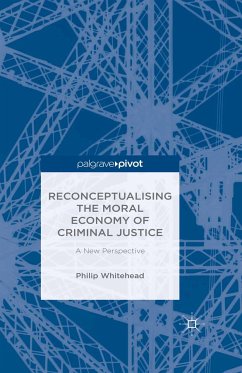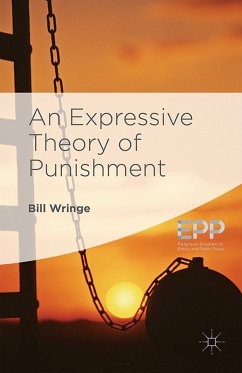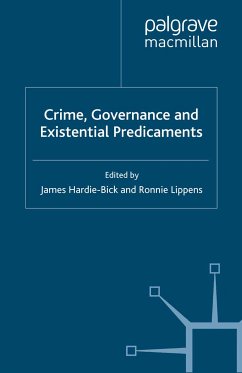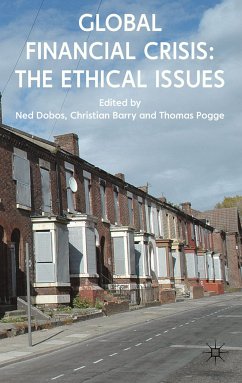This book reconceptualises the concept of moral economy in its relevance for, and application to, the criminal justice system in England and Wales. It advances the argument that criminal justice cannot be reduced to an instrumentally driven operation to achieve fiscal efficiencies or provide investment opportunities to the commercial sector.
Dieser Download kann aus rechtlichen Gründen nur mit Rechnungsadresse in A, B, BG, CY, CZ, D, DK, EW, E, FIN, F, GR, HR, H, IRL, I, LT, L, LR, M, NL, PL, P, R, S, SLO, SK ausgeliefert werden.
Hinweis: Dieser Artikel kann nur an eine deutsche Lieferadresse ausgeliefert werden.









